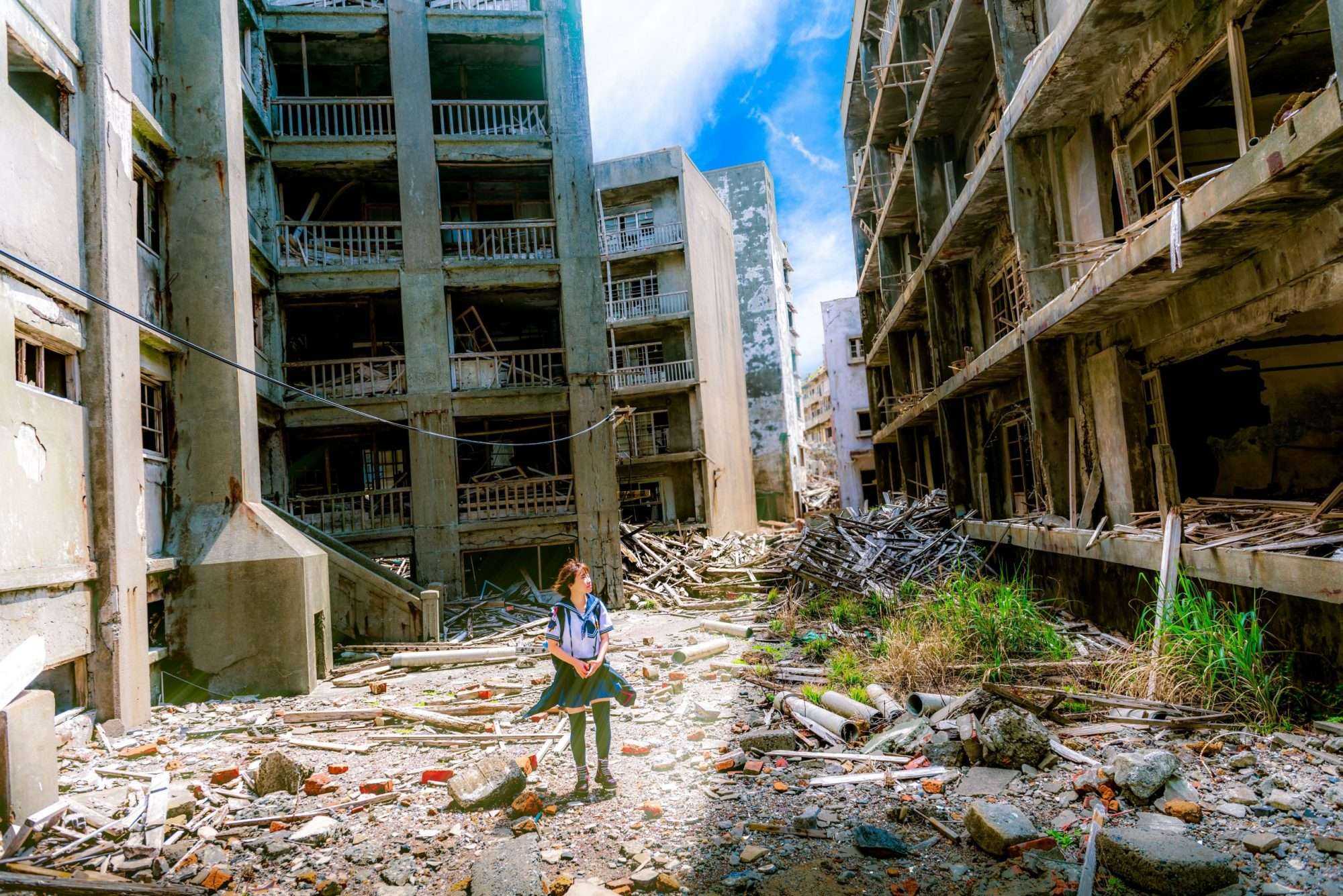BY STEVEN KASZAB
The global population continually grows while our roots to this planet are under attack daily. Overpopulation, climate change, social upheavals, dwindling wildlife on the verge of extinction; many questions are raised about the condition of this planet for example:
- Can our planet feed its existing population now and in the future?
- Will all wildlife become extinct?
- How can we solve the many problems that arise due to climate change, like drought, soil/land mass loss, uncontrollable fires burning our tree stocks, rising water levels in all our oceans and seaways.
- Can all our combined societies work together to save the planet?
- Can we transform our socio-economic traditions and systems away from profitability, and towards global self-reliance and reform?
Our planet has historically evolved into what it is today, mostly based upon a capitalistic system of harvesting and consuming natural resources while making a profit. The Chinese and Korean communists are prime examples of capitalistic endeavours. Can our great minds, leaders and scientists/philosophers find a system with roots in: regeneration, conservationist enterprise, energy reformation and population management?
Yes, our population needs to be managed. It is certainly not doing well presently, with over population in poverty centred regions of the globe. Yah, I know you’re going to say this can lead to many forms of racism and exploitation. Well what else can we do?
How many nations cannot feed their people? According to The UN, 821.1 million people in 23 nations do not have food to nourish themselves enough. 3.1 million children die each year. The United Nations declared 2030 to be the Zero Hunger target, and we will of course not reach that goal. We are only fooling ourselves, reaching for moral, ethical or religious philosophies to placate ourselves. No real change can occur that would change our futures trajectory.
Or those of us living in the 1st World, we can get used to mass deaths around the globe, and throw some funds towards a cause at Christmas or Thanksgiving. Real hard decisions need to be made that will affect each and everyone of us. We are diligently recycling items, while over 65% of these items still go into landfill. North America is suffering from massive drought strikes, something other parts of the world have experienced historically. Fresh water will become more valuable than gold in the near future, and Americans are presently negotiating so they can get their hands onto Canada’s freshwater system.
Our world participates freely in the death march we find commonplace already. Economic colonialism is still with us, raping Africa, Central and Latin America of their natural resources, only to leave resources depleted. All nations’ economic prime movers are responsible, from America, the EU, Russia, India and especially China. They take and give little in return. Poverty levels in all these areas mentioned above have increased annually.
Ever seen Star Trek, the series? A galaxy wide confederation of planets happened after this world united into something like the EU. Conspiracy? No: just an alternative to worldwide conflict and isolationism.
Perhaps we can begin by changing the way we talk and think about ourselves. No longer: you, me, make America great etc, but US (you and I together). What can we do for the world and its defeated populations? A decision is needed, one in which we all decide what is more important…
“What are the two most important days of your life? The day you are born, and the day you find out why.”
You can thank Mark Twain for that brilliant thought. Is MONEY more important than LIFE? Your life, others lives, the masses of people you do not know. Are they important to YOU?

